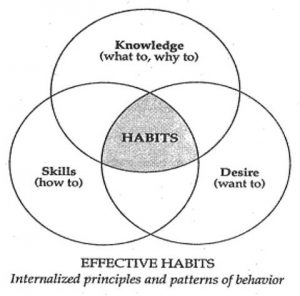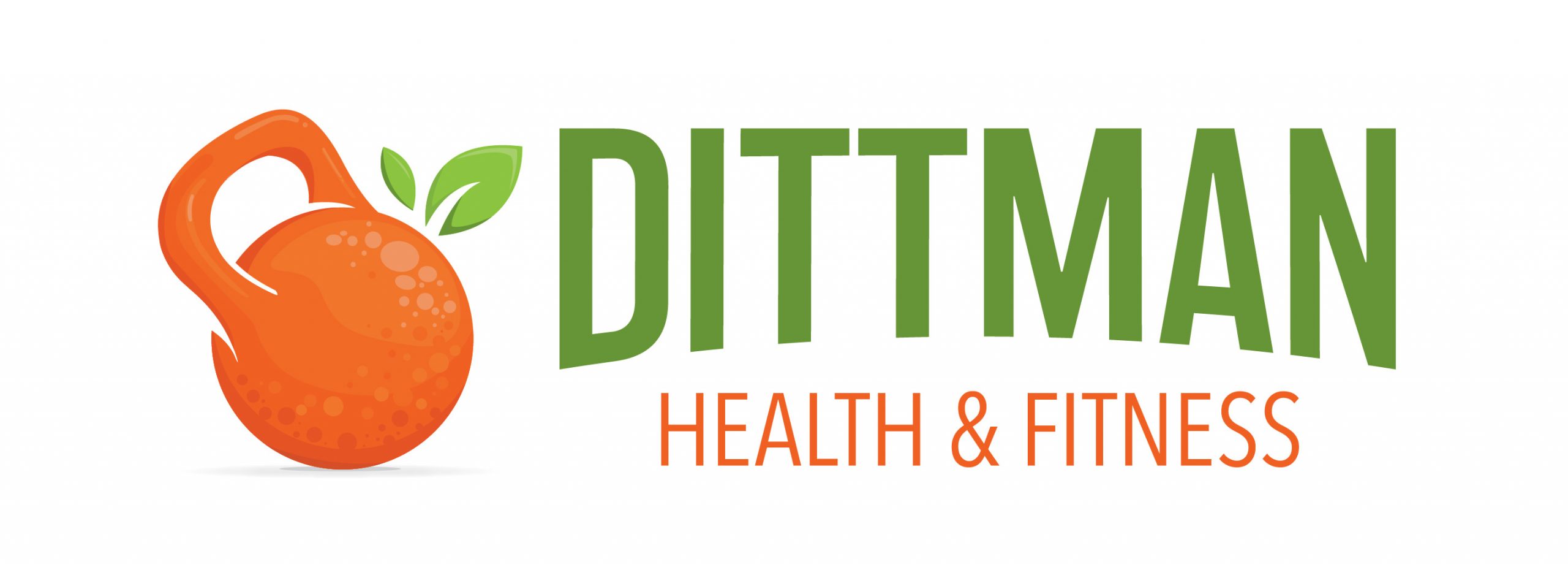
We all have habits. The things we do on a regular basis that define who we are. Those routines we never really think about. Some are good; exercising regularly, daily journal writing, and reading each day. But others can be destructive such as smoking, procrastinating, and eating junk food.
Have you ever tried to implement a new habit? Or change a bad habit? These things can be difficult to do, especially if you have never really tried before.
But when it comes to health and fitness, forming and maintaining good habits is essential. Trust me, I know just as well as anyone that they take time and consistent effort but if you know what to do and how to start you can save a lot of time and be on the fast track to success.
Old Habits Die Hard
I know from personal experience just how difficult it can be to change and maintain healthier habits. I have struggled in the past changing and trying to implement them.
Starting off being overweight and not knowing how or what to do was overwhelming. I knew I wanted to change but it all seemed so difficult. So, I tried and failed many, many times to implement the habits associated with living healthy. I also went through a phase where I partied every weekend, smoked, and used way too much cream and splenda in my coffee. Here’s a pic of me around age 18:

Now that cigarette isn’t lit, but I assure you it was right after the picture was taken. It was not just a prop!
Today, I have succeeded for the most part. There is always room to improve, but I have not missed a workout for two years, I quit smoking almost three years ago-cold turkey, I only drink water and some black coffee everyday, and I track both my workouts and nutrition daily. There are other things too that I can’t even think of now. But those are the major ones. Let me share some of what has worked for me with you so that hopefully you can learn quicker than I did.
So What Worked?
Looking back now it all seems like a blur. I was definitely motivated, but at first lacked the proper knowledge and skill to do anything about it. Eventually I just learned through experience what worked and what didn’t for me and found a way. Focusing on one small thing at a time was a big factor as well. Previously I had tried to change everything at once and was unsuccessful every time.
I also happened to stumble upon some highly motivating and straight up great books and mentors that helped me along the way. One of them was The 7 Habits of Highly Effective People by Stephen Covey.
This book was a life changer for me. Something about this book really just changed my perspective about everything. I remember reading about it in a couple different blog posts and book reviews and thought it sounded like a good read. Then one day while shopping the local Salvation Army, there it sat in the book section in all its used glory. You already know I scooped that bad boy up for like $2. It was the best 2 bucks I ever spent!
I highly recommend you buy a copy; it may not be $2, but it is a steal for $8.49 on amazon. This information is priceless.
But I digress, back to what you need to make and keep a new habit.
Habits: The Intersection of Knowledge, Skill, and Desire
According to Stephen Covey, habits are defined as an intersection of knowledge, skill, and desire. He goes on to say that all three must be possessed for a habit to start and maintain a habit.

So knowledge is the what to do, skill is the how to do it, and desire is the want to do or the motivation to do. Using a goal of forming the habits associated with fat loss as an example, let’s look at each one of these more in depth to see why they are all so important.
- Knowledge– for fat loss to become a habit you must possess the knowledge of exercising properly for your goal, what you should and should not be eating, how many calories you need to be eating in a day, and what factors contribute to weight loss and weight gain.
- Skill– you must also have the proper skill to be able to execute movements properly when exercising, how to meal prep, how to budget money for eating healthy, how to use kitchen equipment, and how to track your food intake.
- Desire– you have to be motivated-internally and externally- to achieve success. That means setting proper SMART goals and doing things that will keep you wanting to come back for more.
Don’t Let the Pyramid Crumble!
As you can see, there is actually a lot that goes into having the knowledge, skill, and desire to change and maintain habits. Do not let that deter you. This is simply to show that habits should be thought of as a pyramid; if one corner of it crumbles the whole thing collapses.

^Don’t let this happen to your habits^
So when you are thinking about changing a bad habit or picking up a new one, make sure you think it through and have the knowledge, skill, and desire to do so. It will make the process a whole lot easier and you will be better set up for long term success.
If you found this post helpful remember that sharing is caring!
Photo Credit:
https://www.fool.com/investing/general/2013/11/02/7-simple-habits-of-the-worlds-best-investors.aspx
http://afarmerinohio.blogspot.com/2013/05/why-did-pyramids-crumble.html
